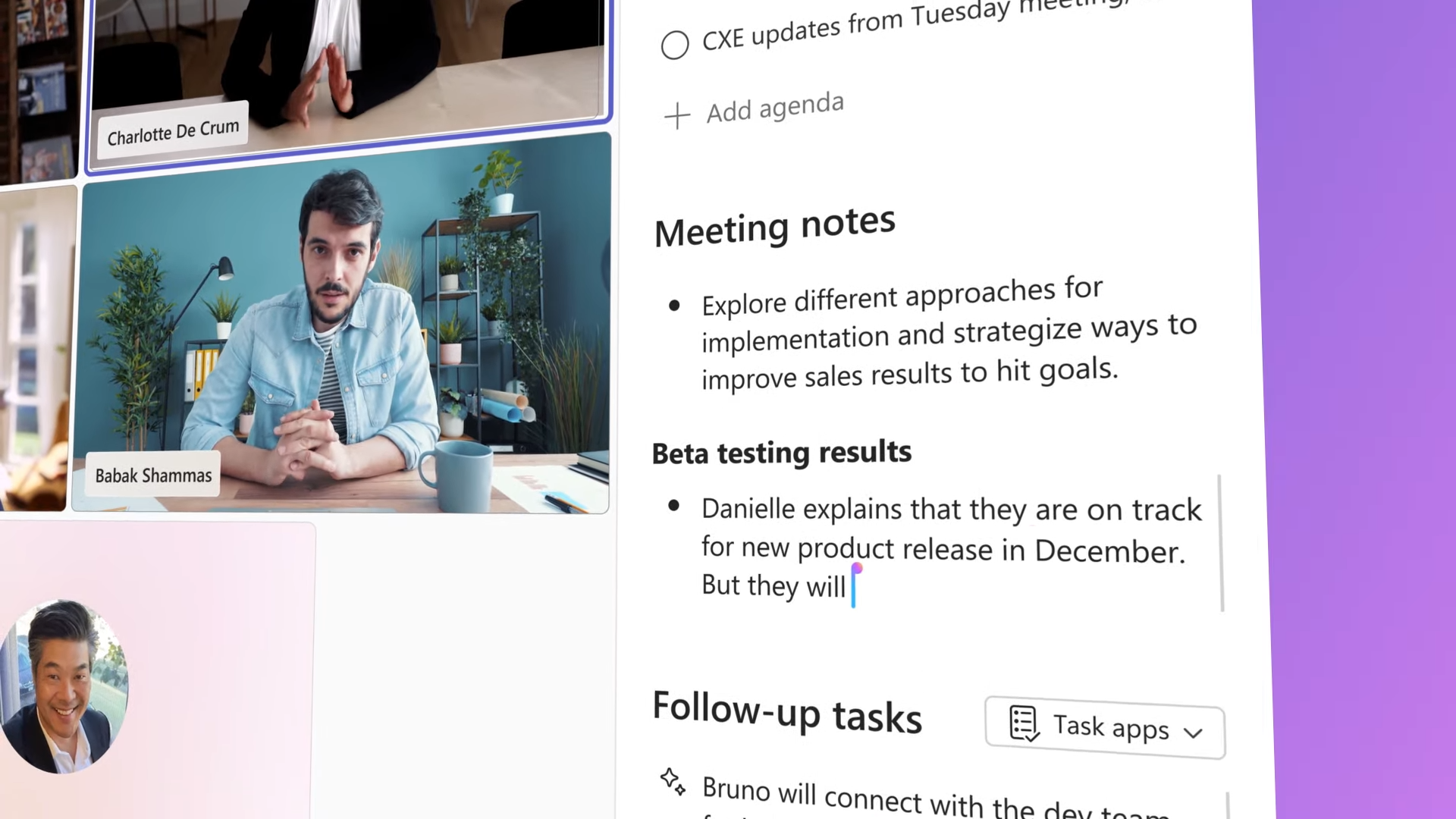Copilot Actions lets users automate routine tasks in Microsoft 365 through simple text prompts

Key Points
- Microsoft is expanding its Copilot AI assistant with Copilot Actions, which allows users to automate routine tasks in Microsoft 365 with text commands, such as creating meeting summaries or catching up on missed activities after a vacation.
- Microsoft is introducing its own agents based on Copilot Actions for specific tasks, including an interpreter agent for real-time translation in Teams, an agent for questions about company policies in Business Chat, and agents for notes in meetings and project management.
- With Azure AI Foundry, Microsoft is introducing a central development platform for AI applications that includes an SDK, a portal with a graphical user interface, and soon the Azure AI Agent Service for developing AI agents for business processes.
Microsoft today announced several major updates to its Copilot AI assistant, adding automation capabilities and an update to its Azure AI platform.
A new feature called Copilot Actions, currently in private testing, lets users automate routine tasks through text prompts.
When integrated with Microsoft 365, it can automatically generate meeting summaries and weekly reports, summaries of missed communications after returning from vacation, including meetings, chats, and emails and more.
Microsoft is rolling out some purpose-built AI assistants based on Copilot Actions. A new SharePoint assistant will search through content, files, and folders to answer user questions.
For Teams, Microsoft plans to release a translation assistant that works in real-time between different languages. This feature is scheduled for public testing in early 2025 and can optionally replicate participants' voices.
The company is also testing an "Employee Self-Service Agent" designed to handle HR and IT inquiries and explain company policies. Additional assistants will focus on taking meeting notes and managing projects.
AI-powered office planning with Places
Microsoft's new Places software aims to improve hybrid work coordination. The system shows when coworkers will be in the office and uses AI to suggest optimal times for in-person collaboration.
Places integrates with Microsoft 365 apps to help teams coordinate their office schedules. The software includes features for managers to plan and adjust team work arrangements. It also displays which colleagues are in the same building through Teams integration to enable impromptu meetings.
The system also provides tools for companies to optimize office space usage and costs, with Microsoft stating it will help create more efficient and sustainable office environments.
Microsoft aims to unify AI development on its new Azure AI Foundry platform
Microsoft also introduced Azure AI Foundry, a central platform for developing and managing AI applications. The platform's SDK is already available for testing.
The Azure AI Foundry portal (formerly Azure AI Studio) provides a visual interface for developers, while a new management hub consolidates key subscription data into a dashboard.
Microsoft will soon release the Azure AI Agent Service for testing. This tool is aimed at professional developers building AI agents for business processes.
AI News Without the Hype – Curated by Humans
As a THE DECODER subscriber, you get ad-free reading, our weekly AI newsletter, the exclusive "AI Radar" Frontier Report 6× per year, access to comments, and our complete archive.
Subscribe now